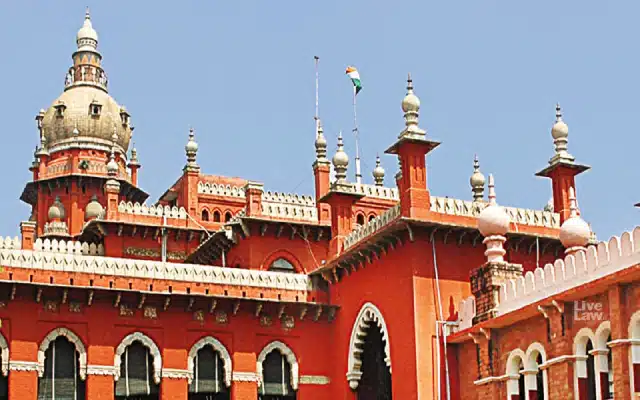The Madras High Court has issued a directive to the Tamil Nadu government and the state’s Hindu Religious and Charitable Endowments (HR&CE) department, instructing them to prohibit non-Hindus from entering the Palani temple and its associated sub-temples. The court emphasized that these sacred sites are not meant for leisurely visits but are places of religious significance.
Under the leadership of Justice S Srimathy, a bench ruled for the installation of boards at all Hindu temples across the state, clearly indicating the restriction on non-Hindu entry beyond the Kodimaram, a marker near the entrance of the temple. This decision came during the hearing of a petition filed by D Senthilkumar, representing the Palani Hill Temple Devotees Organization, advocating for exclusive access to Hindus at the Arulmigu Palani Dhandayuthapani Swamy temple.
The court’s ruling outlined that non-Hindus who wish to visit the temple must provide an undertaking affirming their faith in Hindu deities and willingness to abide by Hindu customs and practices. However, the restriction imposed by the court is specifically tailored to the Palani temples, with a broader consideration for communal harmony and societal peace.
The plea, filed by Senthilkumar last year, highlighted an incident involving a Muslim family attempting to enter the temple premises for recreational purposes, which prompted the need for clear signage indicating the prohibition of non-Hindu entry. Despite the state government’s concern that such signage may offend religious sentiments, the court dismissed this argument, prioritizing the sanctity of Hindu religious practices.
In its verdict, the court emphasized that while individuals of other faiths have the freedom to practice their religion, they must respect the customs and traditions of Hindu temples. These temples, it reiterated, are places of worship and not tourist attractions, and hence, should be treated with due reverence.
Read More:




